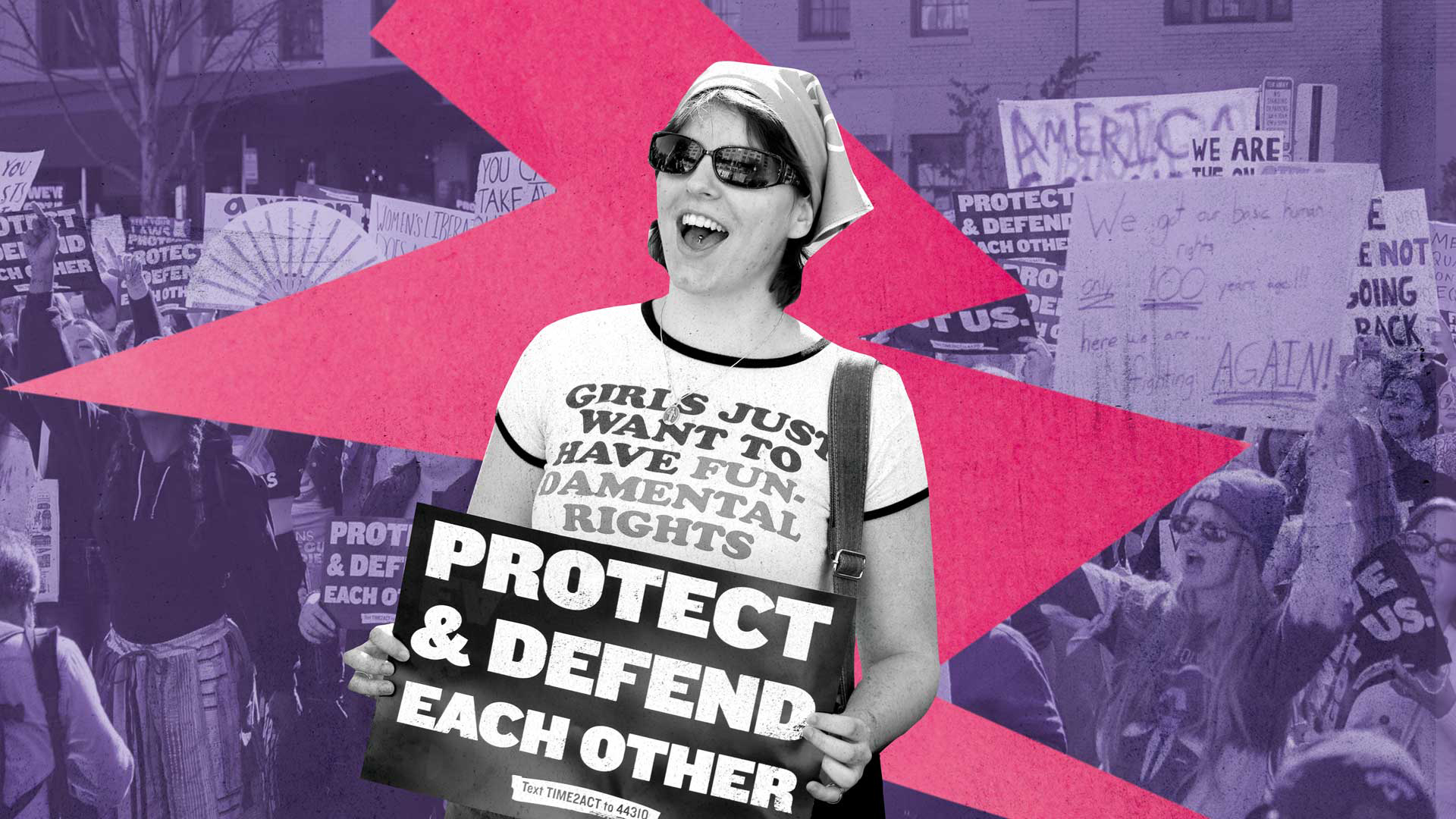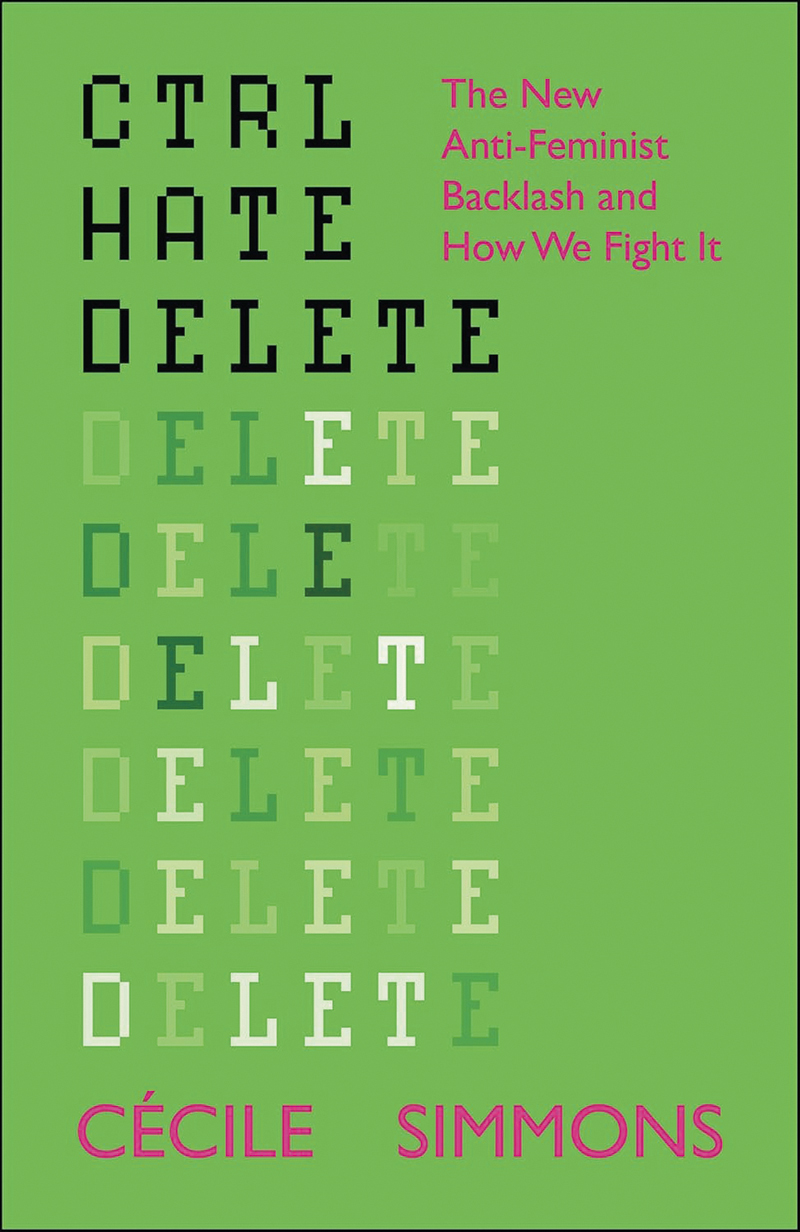Everyone knows Andrew Tate now. In 2022, the extreme misogynist made world headlines after amassing millions of followers online and recruiting thousands of young men into his online ‘academy’, a scamming operation where these men were paid to recruit others. Tate went viral by spreading an aggressively misogynistic discourse – he described married women as men’s “property” – and speaking to young men’s grievances, as well as selling false ‘solutions’ to their problems.
Since Tate hit the headlines, hundreds of influencers like him have sprung up and are shaping young men’s views. Misogynistic podcasts are receiving millions of downloads per episode. In the space of a few years, the ‘manosphere’ to which Tate belongs – or male supremacist ideology as I and other researchers call it – has travelled from the depths of the internet into the mainstream. Research has shown that men online are only a few clicks away from content telling them there is a plot to destroy them.
- I went looking for incels – among all the hate and bile, I found some signs of hope
- A quarter of young men think feminism is harming society. It’s proof of a growing Gen Z divide
- We must change our relationship with masculinity to stop vulnerable men turning into Andrew Tate
This has personal and political implications. From the harassment of girls in schools to new forms of online violence such as deepfake pornographic images, men’s desire to reassert their dominance over women results in everyday violence and humiliation. The consequences also play out politically.
Across the global north, men and women’s worldviews are also moving apart, as young males increasingly vote for far-right parties and authoritarian leaders, while women favour liberal parties. From South Korea and Argentina to the last US presidential elections, candidates ran campaigns based on overtly misogynistic dog whistles and the promises to curtail women’s rights.
The male supremacist slogan ‘Your body, my choice’, which spread online hours after Donald Trump’s election showed that many men voted for a man accused of sexual misconduct not despite, but because of, who he was. Virtually every election now sees abuse and harassment campaigns directed at female politicians and public figures, designed to silence them and restrict their participation in public life.
Get the latest news and insight into how the Big Issue magazine is made by signing up for the Inside Big Issue newsletter











